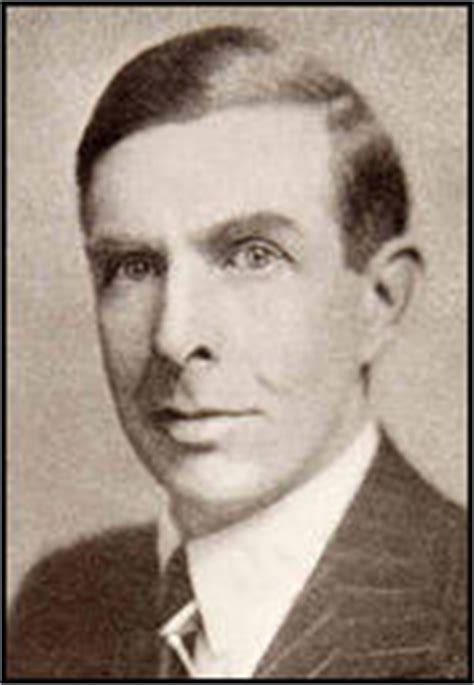A Quote by Albert Camus
Love is the kind of illness that does not spare the intelligent or the dull.
Related Quotes
True love, it's like an illness. I never understood it before. In books and plays. Poems. I never understood what drove otherwise intelligent, right-thinking people to do such extravagant, irrational things. Now I do. It's an illness. You can catch it when you least expect. There's no known cure. And sometimes, in its most extreme, it's fatal.
The very term ['mental disease'] is nonsensical, a semantic mistake. The two words cannot go together except metaphorically; you can no more have a mental 'disease' than you can have a purple idea or a wise space". Similarly, there can no more be a "mental illness" than there can be a "moral illness." The words "mental" and "illness" do not go together logically. Mental "illness" does not exist, and neither does mental "health." These terms indicate only approval or disapproval of some aspect of a person's mentality (thinking, emotions, or behavior).
Happiness is often presented as being very dull but, he thought, lying awake, that is because dull people are sometimes very happy and intelligent people can and do go around making themselves and everyone else miserable. He had never found happiness dull. It always seemed more exciting than any other thing and capable of as great intensity as sorrow to those people who were capable of having it.
Love is patient, love is kind, and is not jealous; love does not brag and is not arrogant, does not act unbecomingly; it does not seek its own [will], is not provoked, does not take into account a wrong suffered, does not rejoice in unrighteousness, but rejoices with the truth; bears all things, believes all things, hopes all things, endures all things.
The chief evil with relation to the body is love for the body and pitying it. This takes away all the soul's authority over the body and makes the soul the slave of the body. And on the contrary, one who does not spare the body will not be disturbed in whatever he does by apprehensions born of blind love of life. How fortunate is one who is trained to this from childhood!
We fall in love because we long to escape from ourselves with someone as beautiful, intelligent, and witty as we are ugly, stupid, and dull. But what if such a perfect being should one day turn around and decide they will love us back? We can only be somewhat shocked-how can they be as wonderful as we had hoped when they have the bad taste to approve of someone like us?
Intelligent, thinking people could take things like this in their stride, just as they took the larger absurdities of deadly dull jobs in the city and deadly dull homes in the suburbs. Economic circumstances might force you to live in this environment, but the important thing was to keep from being contaminated. The important thing, always, was to remember who you were.










































